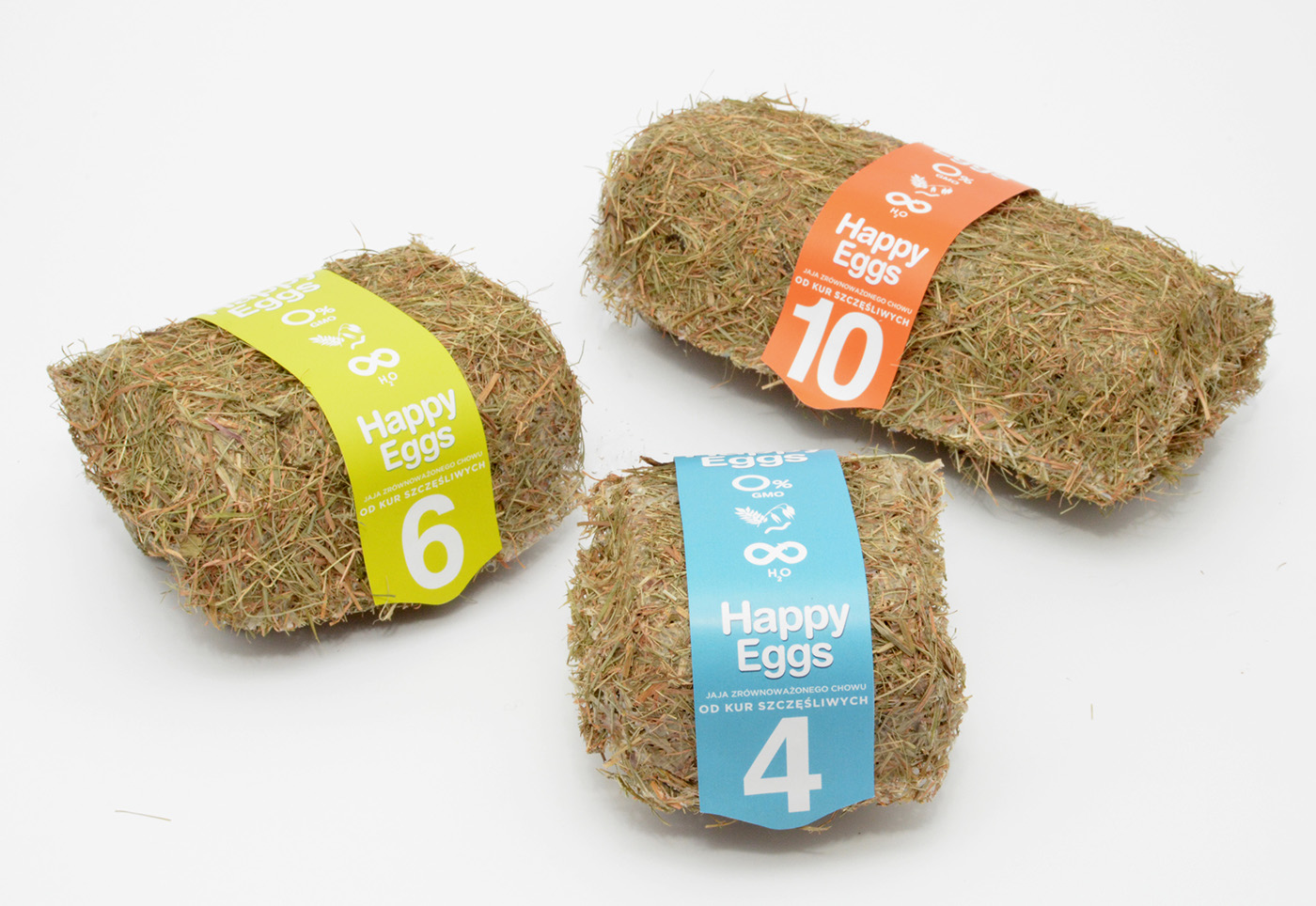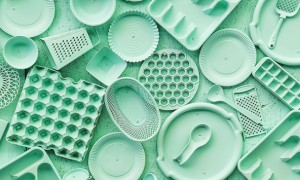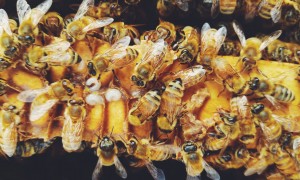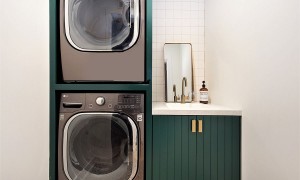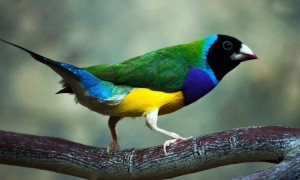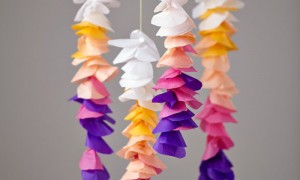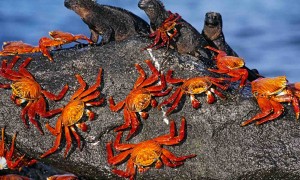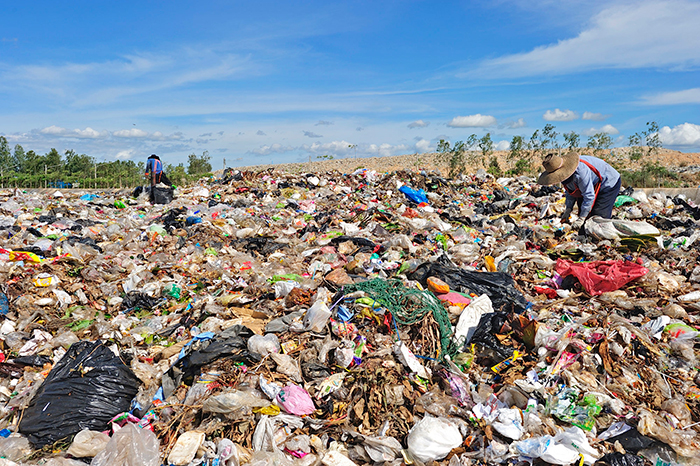
Why must we transition to life without plastics? The answer is simple, beyond the noticeable everyday plastic pollution; the methods of extracting the petroleum and natural gas used to produce it often devastate the surrounding environment. Plastic contains toxic materials which leach into beverages, foods, oceans, water and more. We don’t realize that there are so many plastic products used at home, our food is wrapped in it, it is simply everywhere around us.
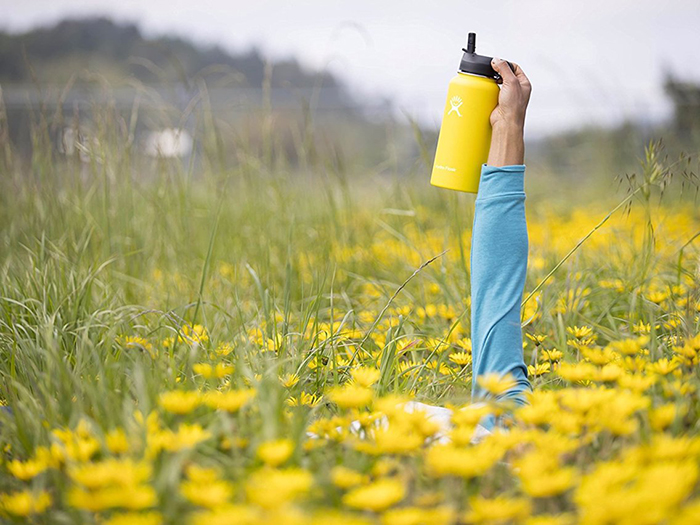
More and more people are shifting their focus to eco-friendly alternatives that can biodegrade and enrich the soil, instead of polluting it with plastic particles.
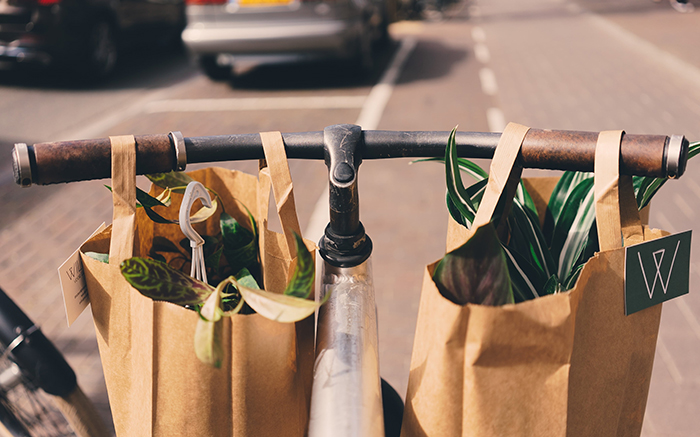
Could these unusual alternatives help us forget about our plastic life and propel us toward a greener future? Let’s see!
Algae
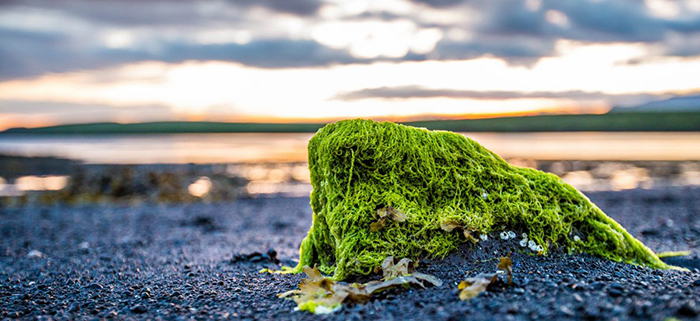
Algae are sustained by carbon dioxide, water, sunlight and inorganic nutrients. They have the incredible ability to consume contaminants from the water and make it clean. Algae also capture the carbon dioxide and turn it into oxygen. According to the latest research and experiments, companies can produce 100% algae-based plastic and make stuff like road signs, food packaging, lamps and more.
Corn
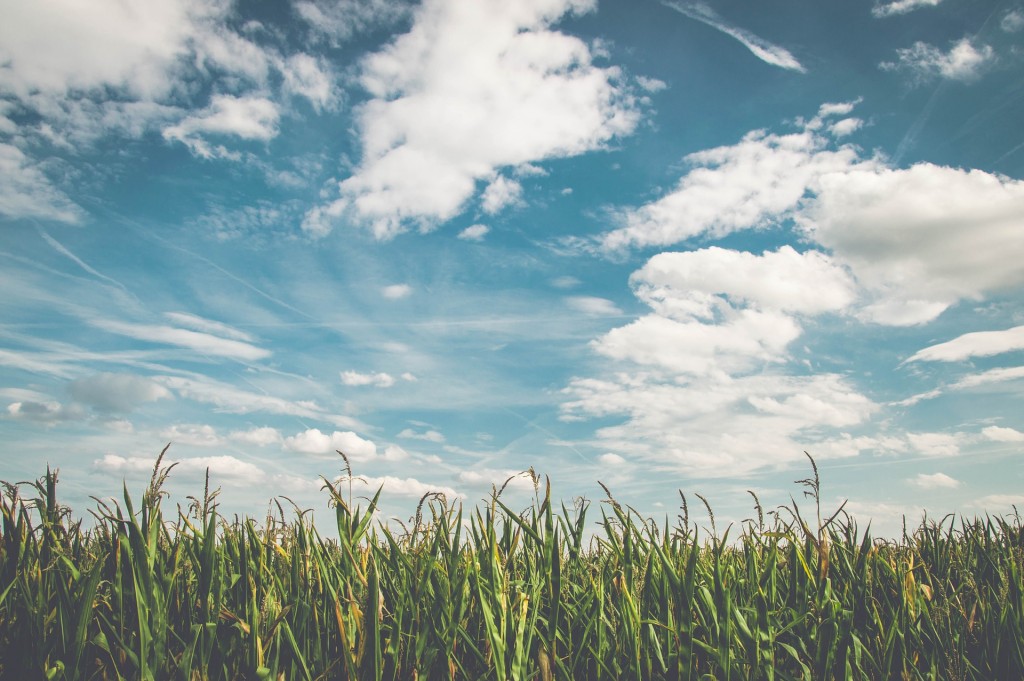
Fermented cornstarch is used to create a PLA or Polylactic acid which is a substitute for plastic. PLA is biodegradable, so all products with this label should be composted rather than recycled. Although PLA products are already available on the market, the material itself is made from genetically modified corn, so this is causing a lot of criticism.
Hemp
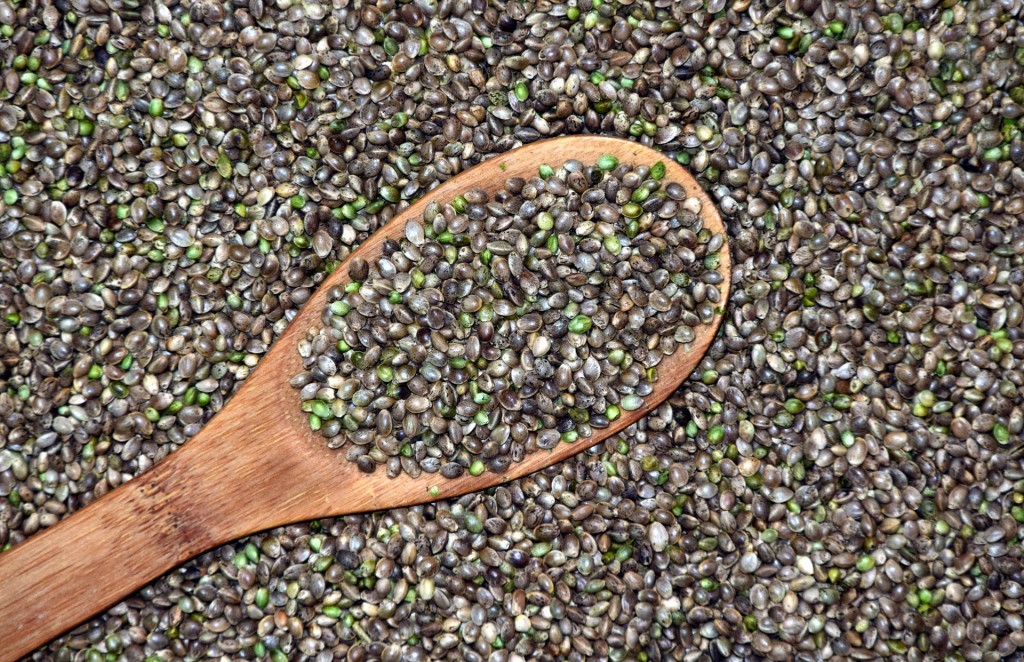
The natural fiber composite harvested from the hemp is biodegradable, recyclable, bpa free, toxin-free and affordable material. Its application ranges from automotive parts to building materials. The hemp plants grow fast and are quite adaptable. They absorb the carbon dioxide and require few pesticides, water, fertilizers and are quite low-maintenance. The future of hemp bio plastics looks quite promising.
Cassava
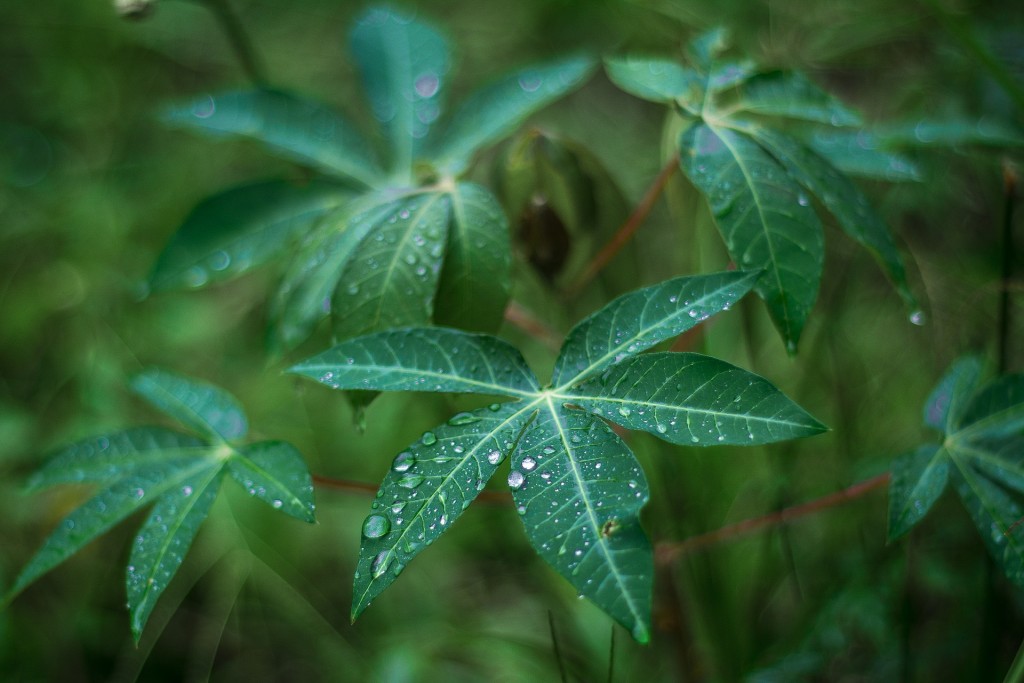
Cassava is a root vegetable that grows in Southeast Asia. A mix of vegetable oil, cassava starch and organic resins promises 100% compostable and biodegradable plastic alternative. The material takes only a few months to decompose on land or sea while leaving no trace at all.
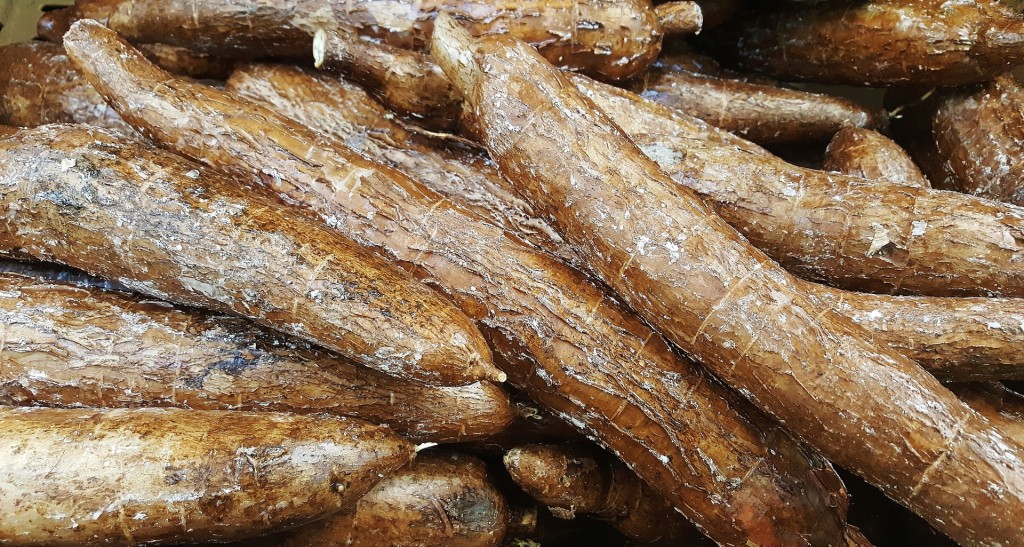
Some companies are already using this alternative material to produce a substitute of plastic bag. It can also be used in the production of food packaging, bed covers and more.
Banana tree
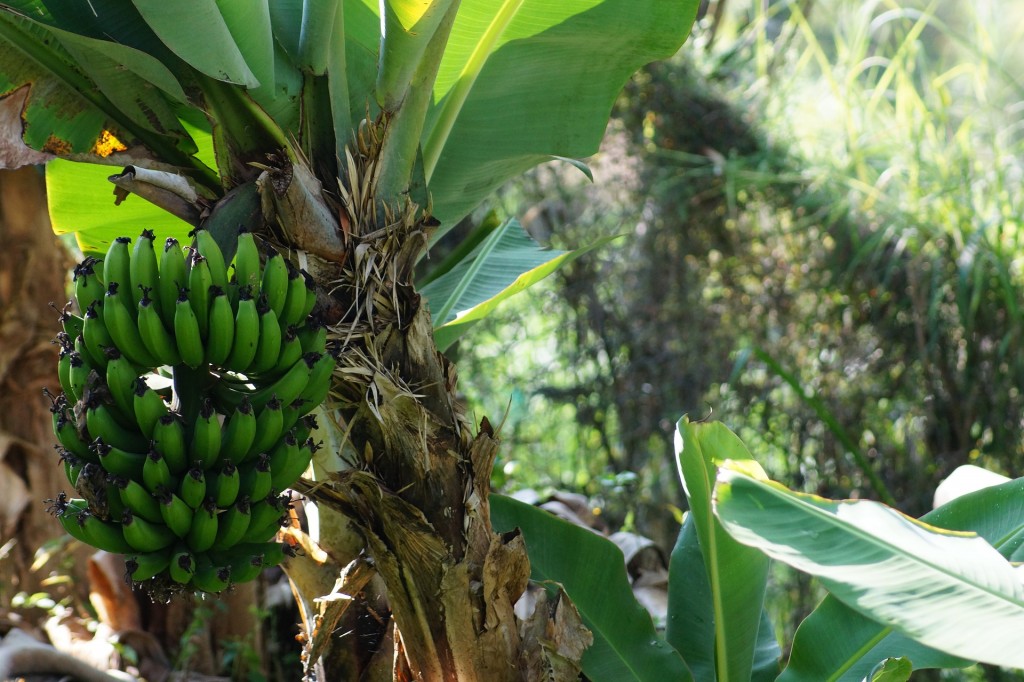
While the banana fruit is harvested the rest of the plant is not used and goes to waste. The natural fiber from the banana tree is incredibly durable and useful in the production of molded plastics. This technique is used to make everyday items like traffic cones, water tanks and bins. The banana plant fibers are incorporated to strengthen plastics and reduce the amount of polyurethane. Research is showing that the banana tree fiber has a lot of potential for future use.
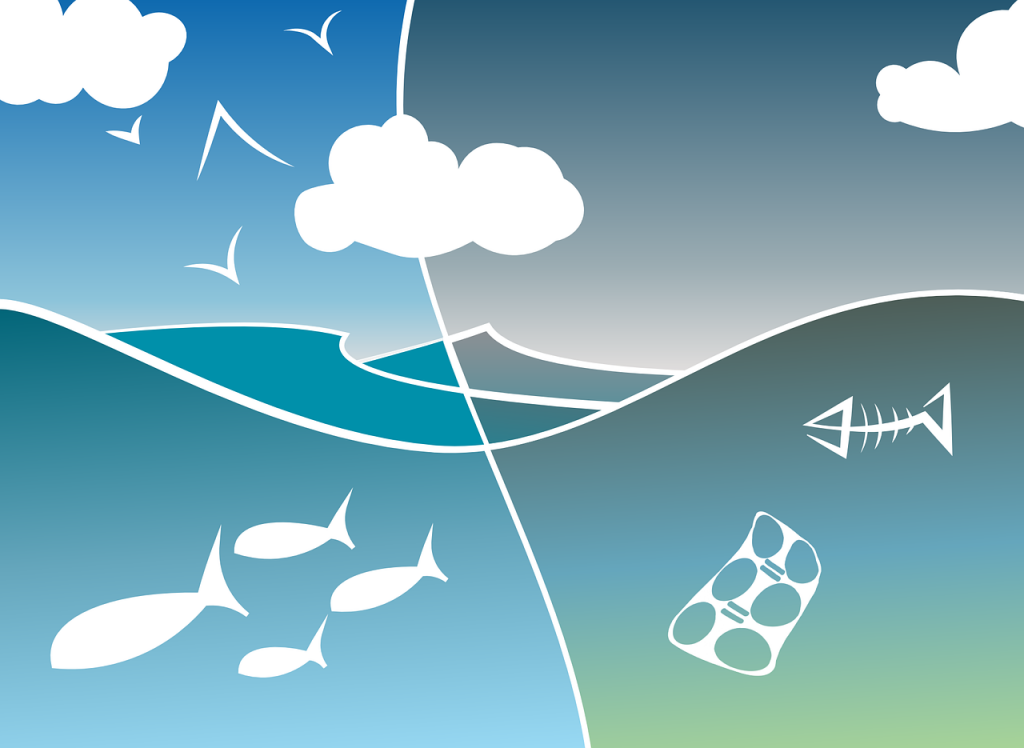
More and more alternatives to plastics are discovering every day. They promise to make our lives cleaner and healthier. We create the future with our choices today, so let’s make better consumer choices and support the development of these great new alternative materials.

